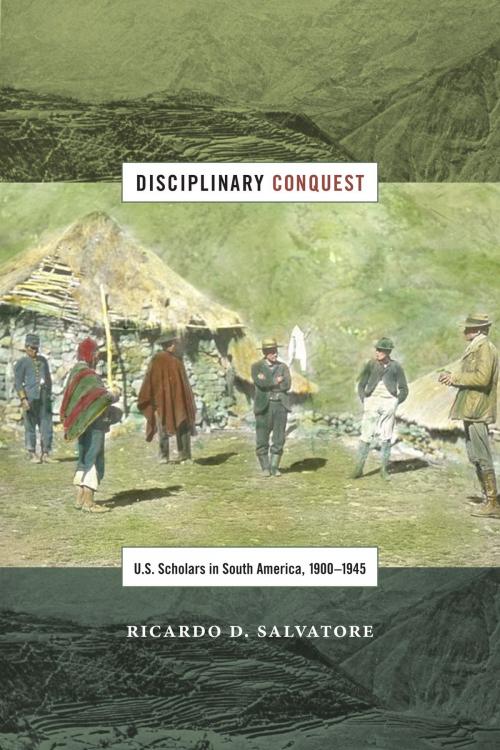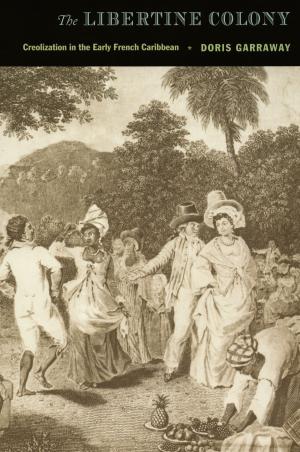Disciplinary Conquest
U.S. Scholars in South America, 1900–1945
Nonfiction, History, Americas, Latin America, United States, 20th Century| Author: | Ricardo D. Salvatore | ISBN: | 9780822374503 |
| Publisher: | Duke University Press | Publication: | March 31, 2016 |
| Imprint: | Duke University Press Books | Language: | English |
| Author: | Ricardo D. Salvatore |
| ISBN: | 9780822374503 |
| Publisher: | Duke University Press |
| Publication: | March 31, 2016 |
| Imprint: | Duke University Press Books |
| Language: | English |
In Disciplinary Conquest Ricardo D. Salvatore rewrites the origin story of Latin American studies by tracing the discipline's roots back to the first half of the twentieth century. Salvatore focuses on the work of five representative U.S. scholars of South America—historian Clarence Haring, geographer Isaiah Bowman, political scientist Leo Rowe, sociologist Edward Ross, and archaeologist Hiram Bingham—to show how Latin American studies was allied with U.S. business and foreign policy interests. Diplomats, policy makers, business investors, and the American public used the knowledge these and other scholars gathered to build an informal empire that fostered the growth of U.S. economic, technological, and cultural hegemony throughout the hemisphere. Tying the drive to know South America to the specialization and rise of Latin American studies, Salvatore shows how the disciplinary conquest of South America affirmed a new mode of American imperial engagement.
In Disciplinary Conquest Ricardo D. Salvatore rewrites the origin story of Latin American studies by tracing the discipline's roots back to the first half of the twentieth century. Salvatore focuses on the work of five representative U.S. scholars of South America—historian Clarence Haring, geographer Isaiah Bowman, political scientist Leo Rowe, sociologist Edward Ross, and archaeologist Hiram Bingham—to show how Latin American studies was allied with U.S. business and foreign policy interests. Diplomats, policy makers, business investors, and the American public used the knowledge these and other scholars gathered to build an informal empire that fostered the growth of U.S. economic, technological, and cultural hegemony throughout the hemisphere. Tying the drive to know South America to the specialization and rise of Latin American studies, Salvatore shows how the disciplinary conquest of South America affirmed a new mode of American imperial engagement.















